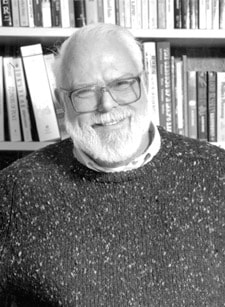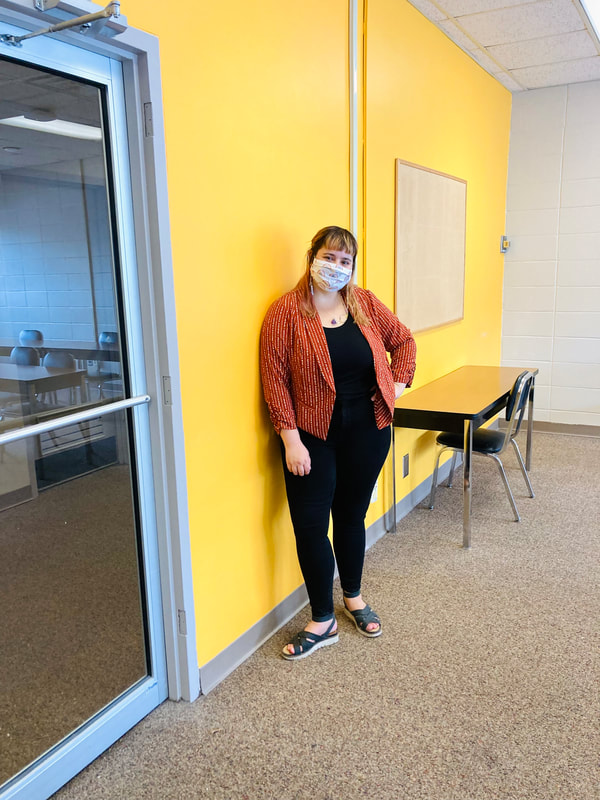|
The following is a written summary with key points included of the work referenced above and cited below. In Donald M. Murray's "Teach Writing as a Process Not Product," Murray implores us to abandon our traditional English training where we operate in a way that is entirely product-centered. As English scholars, many of us are trained in examining literature. However, what our students turn into us is not literature. They know it's not literature. We know that it is not literature. Yet, we assess it and possibly even deliver feedback on it where our critical attentions scan student writing as though it is literature. The final product of their writing doesn't impress us, we respond in kind, and they don't improve. Worse than that, we usually end up blaming the student and then we pass this student off to the next English teacher who possibly does the very same thing. If we teach composition with the realization that we are teaching a process, we may be able to break this cycle. We may create curriculums that work. We may encourage students rather than discourage them. Will this occur instantly once we have this revelation? No. After all, it is a process and processes to not conclude over night. Writing as a Process Teaching Composition, we can embrace teaching the process of discovery through language, the process of exploration, of using language to learn about the world, to evaluate what they've learned and eventually to communicate what they've learned through language. Murray remarks, "Instead of teaching finished writing, we should teach unfinished writing, and glory in its unfinishedness." I love this idea of glorying in unfinishedness, what Murray goes on to describe as, "language in action." There is elation in seeking out a word that fits what an idea you have in your head; we can teach students the journey of discovery and in so doing, impart some of the enthusiasm we have about English and rhet/comp. After all, most of us started our academic journeys because we felt great interest or great passion about our subjects. In teaching writing as a process, we move away from "good v bad," "incorrect v correct," "improper v proper." Instead, we empower students to make their own judgments and decisions. We create the space for inquiry and we welcome all of the consequences: probing questions, unique discoveries, and students finding their truths. Prewriting, Writing and Rewriting Murray breaks the writing process down into three stages: prewriting, writing, and rewriting. He describes prewriting as everything that occurs before the first draft is written. This is where the writer will encounter their subject. They will consider subject, secure their audience, and choose the way in which they want to communicate that subject to that audience. Writing, then, is the process of producing a first draft. The first draft is not a finished product, it is not literature; it is searching and unfinished. Finally, rewriting is rethinking all of the parts of the first draft including the subject, audience and form. Rewriting includes redesigning, reimagining, and reconsidering before rewriting and finally revising. How do you encourage writing as a process in the classroom? Murray would say that first, you have to shut up. If you're talking too much, your students aren't writing. If your students are writing, they're not practicing and therefore not discovering. Teaching writing as process requires great patience, lots of waiting, suspense, and ultimately, it requires that we respect our students. We respect our students not for the product they produce but for who their are in their journey to discovering their truth. If we respect students, we give them space and are willing to give them space to discover. We are also willing to listen, coach, encourage, and protect the learning environment so all of this may occur. There are implications of teaching process instead of product on the composition curriculum. Murray outlines ten such implications. Of these ten implications, this is what stood out to me:
Murray suggests that teachers reposition themselves in their teaching and view writing as process. To do this, it does not require a special schedule or bizarre resources. To teach writing as a process only requires a teachers willingness to do so, flexibility, and for a teacher to respect their students not for their finished work but for what they may do and who they may be is space is created for them to succeed and discover. Citations:
Donald Murray, "Teach Writing As Process, Not Product," in Rhetoric and Composition, ed., Richard L. Graves (Rochelle Park, New Jersey: Hayden Book Company, 1976), pp. 79-82.
0 Comments
Leave a Reply. |
AuthorEmily M. Goldsmith (she/they) is a queer Cajun poet originally from Baton Rouge, Louisiana. They are currently a Ph.D. student at the University of Southern Mississippi. Archives
November 2021
Categories |


 RSS Feed
RSS Feed